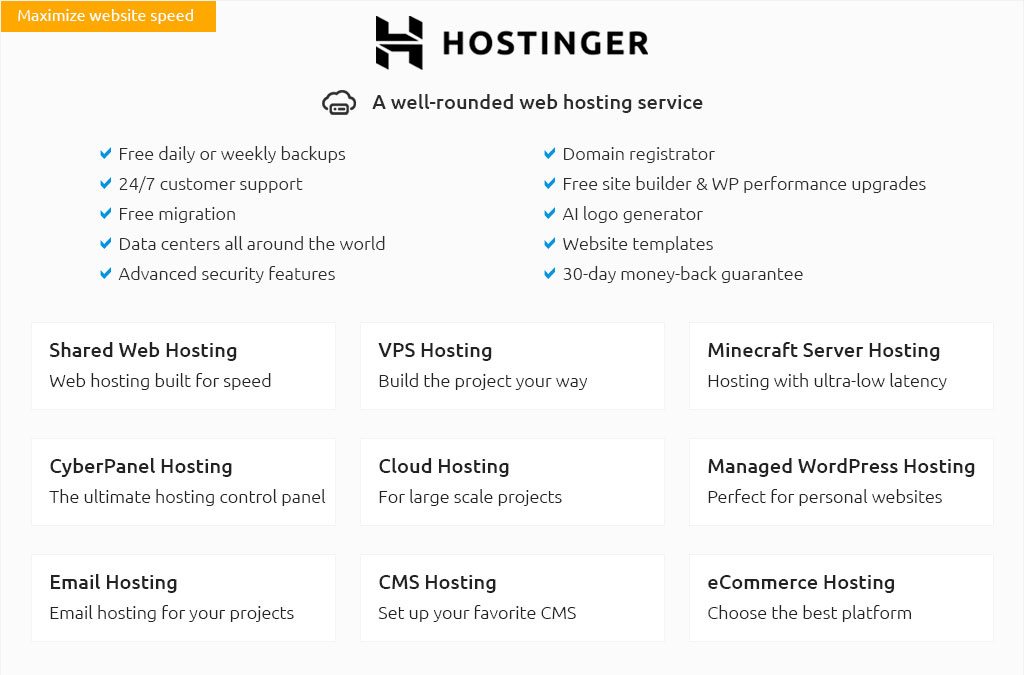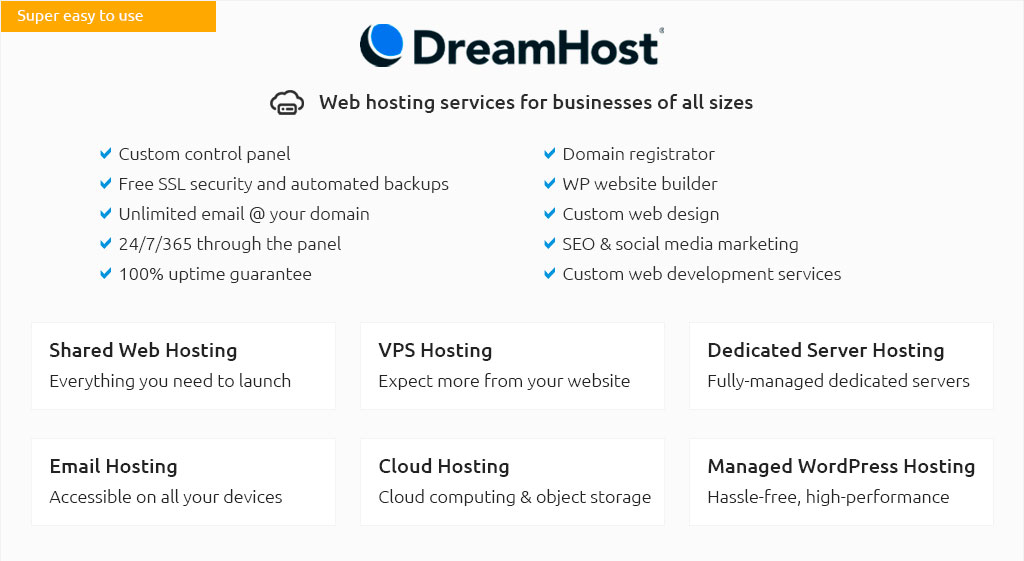 |
|||
 |
 |
 |
|
 |
|
 |
 |
 |
|||
 |
|||
 |
|||
 |
|||
 |
|||
 |
|||
 |
 |
Best Web Design and Hosting for Small BusinessIn today's fast-paced digital landscape, establishing a robust online presence is indispensable for small businesses aiming to thrive in competitive markets. With myriad options available, selecting the best web design and hosting services can be a daunting task. This comprehensive guide seeks to navigate through this intricate process, offering insights into the most suitable choices for small enterprises. Why Web Design Matters Web design is not merely about aesthetic appeal; it profoundly influences user experience and conversion rates. An intuitive, visually appealing website can captivate visitors, encouraging them to explore further, while a clunky, outdated design might deter potential customers. Key elements to consider include responsive design, which ensures compatibility across devices, and user-friendly navigation, facilitating seamless interaction. Essential Features for Small Business Websites Small businesses should prioritize several core features when designing their websites. First, a clear and compelling call-to-action (CTA) is crucial, guiding users towards desired actions. Moreover, integrating social media links and optimizing for search engines can significantly enhance visibility. Equally important is the inclusion of a secure payment gateway if e-commerce is involved, ensuring customer trust and data protection. Choosing the Right Hosting Service The choice of hosting service is pivotal in maintaining website performance and reliability. Factors such as uptime reliability, loading speed, and customer support are vital considerations. For small businesses, shared hosting might initially suffice due to its cost-effectiveness; however, as the business scales, transitioning to VPS or dedicated hosting could be beneficial to accommodate increased traffic and resource needs. Popular Web Design Platforms
Recommended Hosting Providers
Conclusion In conclusion, the optimal web design and hosting solutions for small businesses are those that align with the enterprise's specific needs, growth trajectory, and budget. A well-designed website, supported by a reliable hosting service, not only enhances brand credibility but also serves as a powerful tool for customer engagement and business expansion. By carefully evaluating the options and prioritizing essential features, small businesses can effectively leverage their online platforms to achieve long-term success. https://www.expertmarket.com/website-builders/best-website-builders
Wix came out on top as the best website builder out there in our most recent round of testing, maintaining the top spot for the third year in a row. https://www.quora.com/What-is-the-best-website-builder-for-a-small-business-without-any-coding-or-design-experience
Wix Best overall. - Squarespace Best template designs. - Dorik - Best for Agencies/Businesses while saving expenses - GoDaddy Fastest way to ... https://www.reddit.com/r/smallbusiness/comments/1918exc/what_is_the_best_website_builder_for_a_small/
Squarespace and wix will be your best bet from ease of use. The cons are they cost more than traditional hosting and you are limited to their ...
|